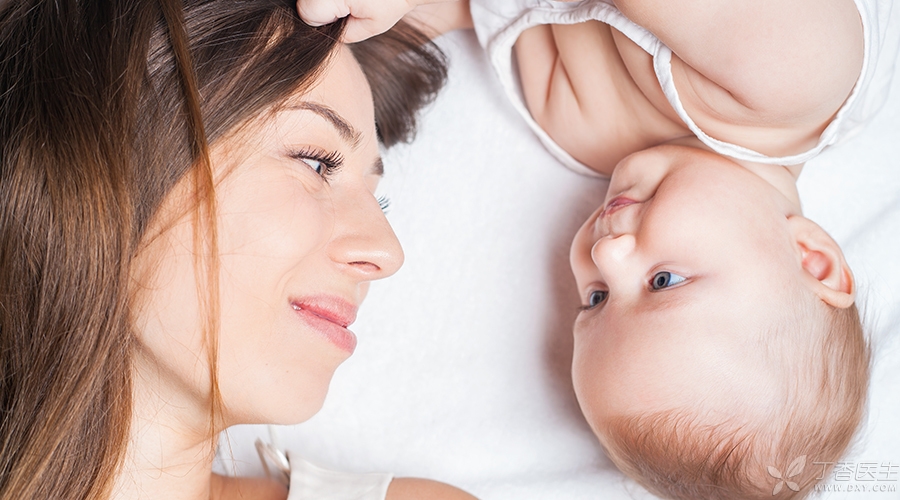
After becoming a father and a mother, I always worry too much, for fear that my children will lose at the starting line and want to [take the first step] in all kinds of things.
However, not everything is better as early as possible. Some things are done earlier, which does more harm than good to children.
Add supplementary food

It is recognized by all countries that the starting time for adding is after the baby reaches the age of 6 months, but considering the baby’s development, this time can fluctuate.
If the baby can maintain the sitting posture and put solid things into his mouth, he will no longer instinctively stick out his small tongue and push outward, and can swallow food. At this time, most of the children are 4-6 months old, and parents can also consider adding supplementary foods to the baby.
However, it must not be earlier than the age of 4 months! Adding supplementary foods too early may not only affect breast feeding, but also increase the risk of food allergy. It will also cause gastrointestinal discomfort due to the immaturity of the baby’s digestive system, which will lead to feeding difficulties and increase the risks of infection.
Feed water and juice
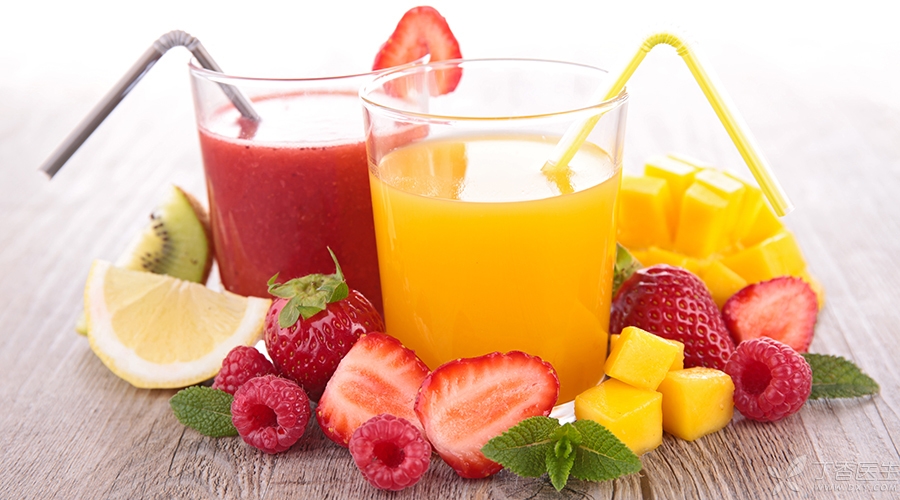
Babies within 6 months old generally do not need extra water, whether they are fed exclusively with breast milk, pure formula milk or mixed with breast milk and formula milk.
More than 90% of breast milk is water, and the water content of formula milk imitating breast milk is similar to that of breast milk after being blended proportionally.
The baby can completely meet the demand for water by drinking milk. Extra drinking water may not only affect the normal drinking of milk, but also cause unnecessary burden to the baby’s kidney.
As for fruit juice, it is full of sugar… It may not only make babies like sweet drinks but also plain boiled water, but also bury hidden dangers of picky eating, obesity and tooth decay.
Therefore, it is not recommended to drink fruit juice for babies under 6 months old, nor is it recommended to dilute it. Although babies over 6 months old can drink a small amount, it is still more recommended to eat fruit directly.
Eat salt
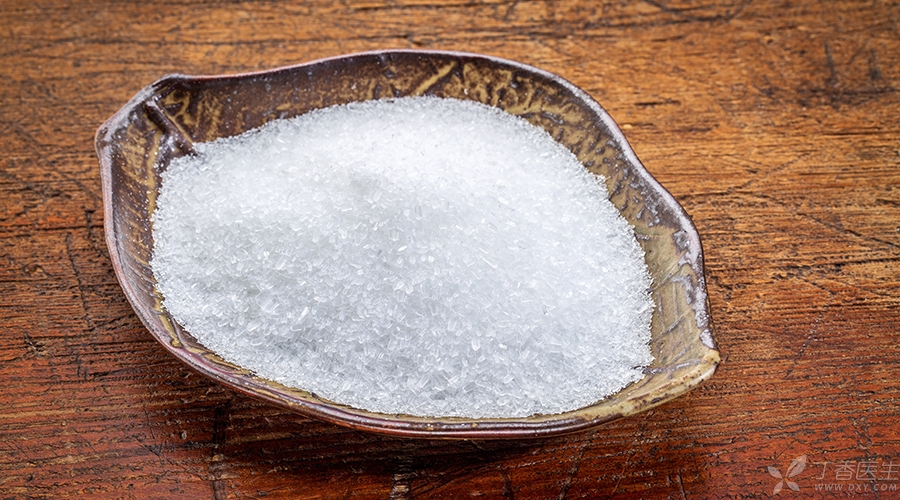
Before the baby reaches the age of 1, the sodium contained in milk and other supplementary foods can meet the needs of the baby. All foods should not be added with any additional form of salt (including salt, monosodium glutamate, chicken essence, soy sauce, etc.).
Giving the baby salt too early will not only impose a burden on the baby’s immature kidney, but also easily develop the baby’s heavy taste and increase the risk of hypertension and cardiovascular diseases in the future.
For babies under 1 year old, not only should salt not be added to the baby’s food, but also the food eaten by adults should not be touched by chopsticks. It is better to eat light food and put less salt under 3 years old.
Weaning
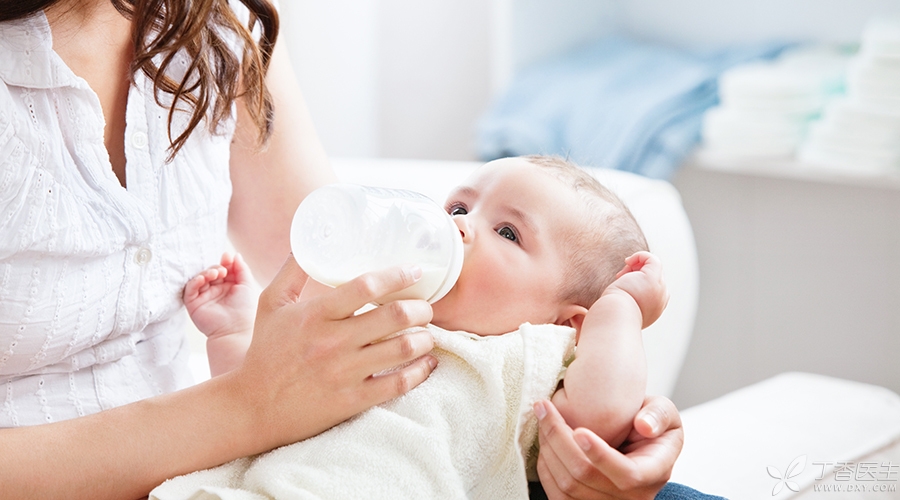
Breast milk is the best food for infants, and formula milk cannot be imitated. Breast milk contains immune substances that formula milk does not have, and breast-fed babies usually have better resistance.
Besides nutrition, breast-feeding can also enhance the feelings between the mother and the baby and give the baby more sense of security, and studies have shown that breast-fed babies have higher emotional intelligence when they grow up.
Therefore, if breast milk can provide the amount of milk the baby needs, it should be continuously breast-fed until at least one year old. If breast milk is really insufficient, breast milk should also be given priority, supplemented by formula milk, and the time of breast-feeding should be prolonged as much as possible.
Eat honey
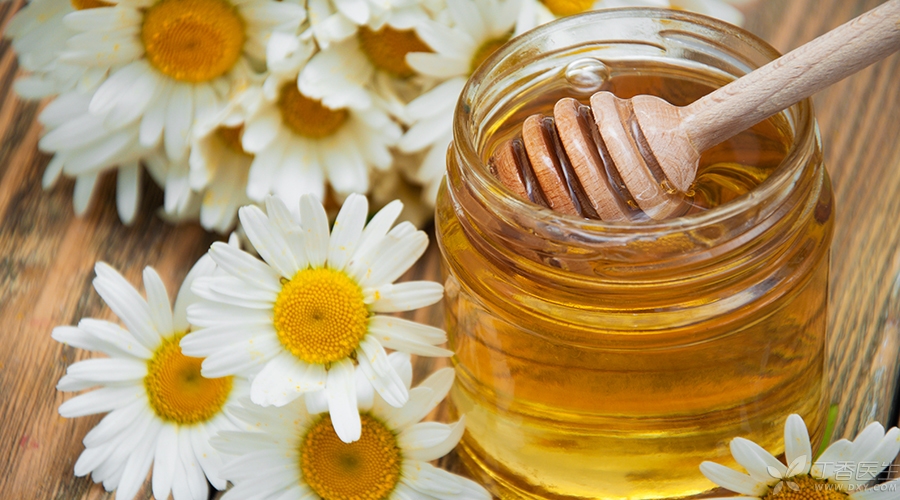
More than 80% of honey is sugar, and after removing the water, the remaining ingredients are less than 1%, which is really not a good supplementary food.
Moreover, more importantly, honey may contain botulinum toxin. Infants have weak gastrointestinal function and poor liver detoxification ability. Botulinum is easy to reproduce and produce toxin in intestinal tract, thus causing poisoning and even death.
Therefore, it is not recommended to give babies under 1 year old honey, drink honey water and eat any food with honey as raw material.
Drink milk
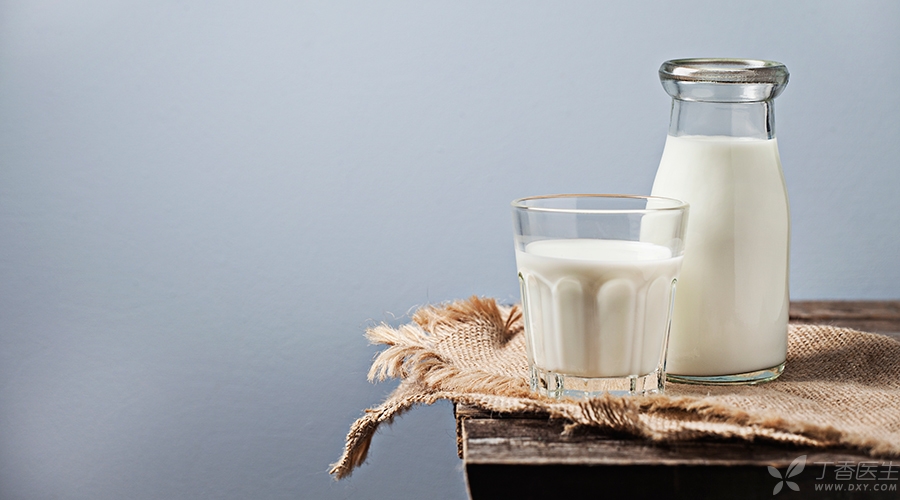
Although milk is a good thing, it is not suitable for babies.
Neither the proportion of carbohydrates, protein and fat, nor the content of vitamins, minerals and other nutrients in milk are suitable for infants. Moreover, the protein in milk cannot be fully digested and absorbed by babies.
Formula milk is also modified on the basis of milk, changing the proportion of nutrients and adding vitamin D, iron, DHA and other substances to become relatively suitable for babies.
Therefore, milk is not the best dairy choice for infants. Drinking milk too early will also affect the baby’s drinking breast milk or formula milk. If the baby is mainly allowed to drink milk before the age of 1, it is also easy to lead to malnutrition and growth retardation.
Toilet training
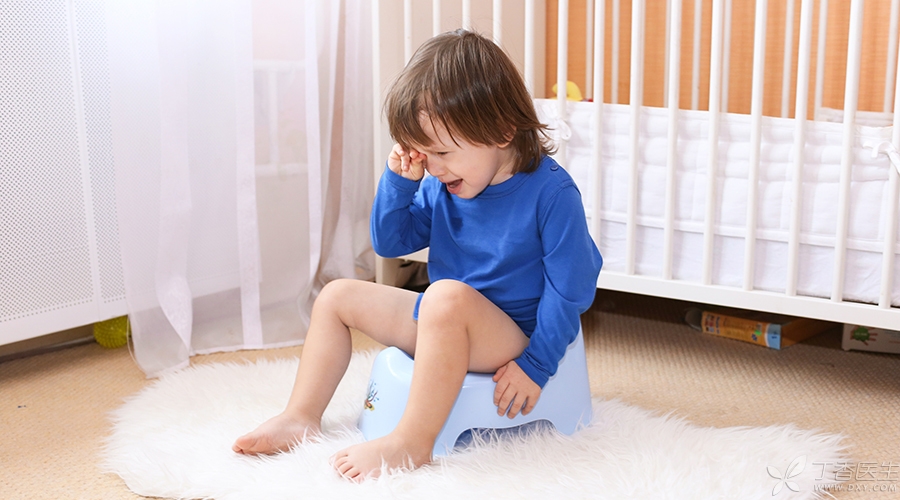
Too young babies do not have enough perception and control over defecation and urination, and adults cannot fully communicate with babies. Starting to train babies to defecate and urinate too early is relatively poor in terms of practical significance and effect.
Generally speaking, most babies can start toilet training around the age of 2, not earlier than 18 months at the earliest.
At this time, the baby began to be able to distinguish the feeling of wanting to go to the toilet and really understand this feeling, and then he could express his wish to go to the toilet to adults in language until the process of going to the toilet was finally completed.
When the child is really ready, retraining can not only shorten the training time, but also make the baby learn to go to the toilet easily and happily.
Swimming
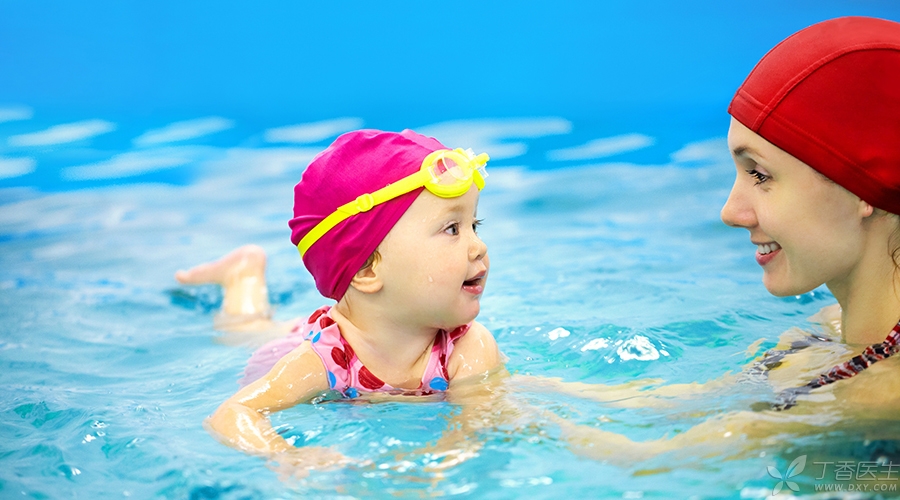
Many parents believe that letting the baby receive swimming training as soon as possible can make the baby smarter and develop better in the future.
However, there is no authoritative research to confirm these conclusions, and the baby’s bone and nerve development is not perfect, and the baby who is too young cannot master the necessary swimming skills and water survival skills.
The American Academy of Pediatrics also does not recommend swimming for babies under 1 year old, while babies between 1 and 4 years old also need to make a comprehensive evaluation based on their body, psychology and reaction to water.
If you want to take your baby to swim, you should go to a professional infant swimming pool. You have strict requirements on water temperature, disinfection, water circulation system, swimming utensils, etc., and you should ensure that there are professional staff in swimming venues. Only by meeting these conditions can your baby play in the water for a short time.
Ask for Sharing
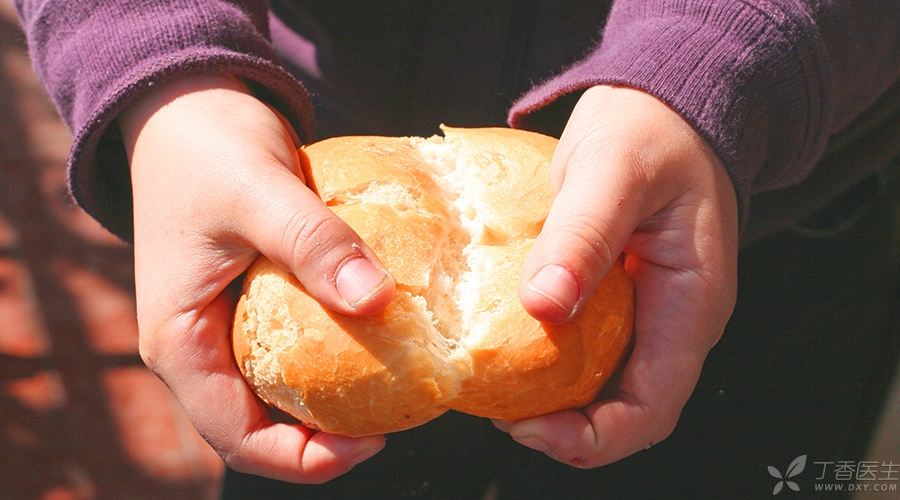
Many parents think that it is a very [shameful] thing for their children not to know how to share, which seems to mean that parents are not well educated.
However, the child is unwilling to share not because he [does not understand the truth], but because he may not understand what sharing is.
For preschool children, they cannot understand the meaning of sharing, and their possessive desire is also very strong at this stage. Sharing is not a very natural thing for them.
Forcing them to share is not only not conducive to children’s understanding of sharing, but may also stimulate children’s rebellious mentality.
